Article
Quelle plus-value une organisation médicale d'urgence doit-elle attendre de l'anthropologie?
Françoise Duroch
01.10.2007A few years ago, a haemorrhagic fever led to an MSF intervention in Central Africa. The disease was poorly understood, and in an isolated forest context, the local population had mixed feelings...
Article
Benefiting some more than others: humanitarian disruption in conflict settings
Maelle L'Homme
23.11.2023In March 2022, intercommunal fighting forced Médecins Sans Frontières (MSF) to suspend its activities after nearly fourteen years of operating in Agok, a small town located in the disputed Abyei...
Article
Are we using the right terms to describe the situation in Gaza?
Françoise Duroch
21.11.2023On 6 November, António Guterres, Secretary General of the United Nations, called for an immediate halt to the bombings in the Gaza Strip, highlighting a nightmarish situation for civilian...
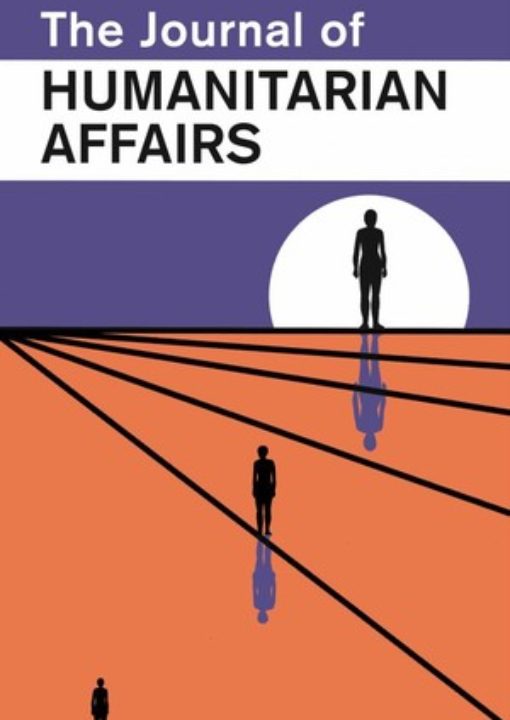
Article
Humanitarian corridors: negotiated exceptions at risk of manipulation
Maelle L'Homme
26.05.2022In the absence of a normative framework, the concept of humanitarian corridor lacks a consistent definition and is highly vulnerable to political interpretation. The notion underwent multiple...
Article
Humanitarian corridors in Ukraine: the illusion of an ideal solution
Françoise Duroch, Maelle L'Homme
10.03.2022"Humanitarian corridor". In just a few days, these two words have become a common theme in public speeches about Ukraine, evoking the illusion of an ideal solution to the suffering of people trapped ...
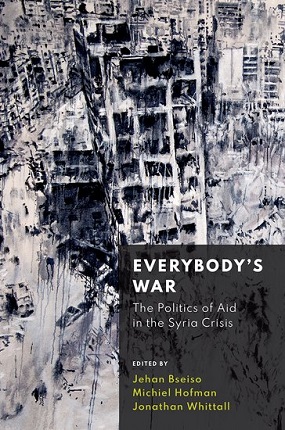
Book
The Business of Conflict: Humanitarian Assistance and the War Economy in Syria
Duncan McLean
03.09.2021The Syrian crisis is one of the most serious humanitarian disasters in recent history. Yet the widely reported numbers–more than 6 million displaced, including 5 million refugees–reflect...
Article
Research and humanitarian aid: navigating the unpredictable, limiting the avoidable
Duncan McLean
26.07.2021In the world of international assistance, unsolicited visits by researchers – whether sent from the headquarters of the organisation or from other structures – have long generated conflicting...
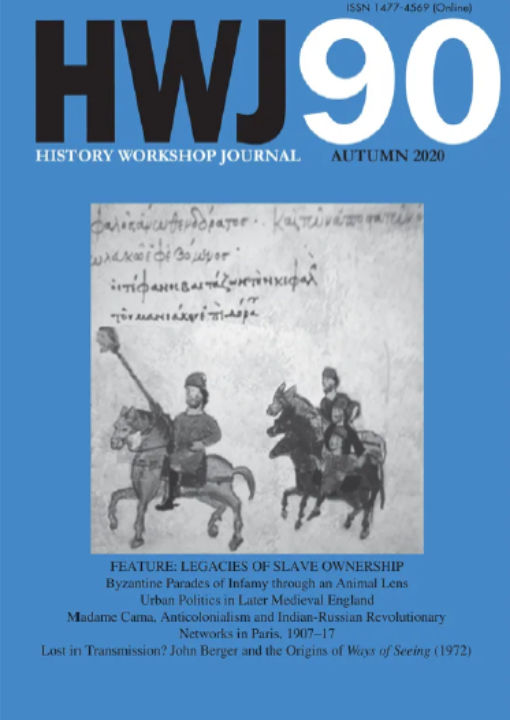
Article
Radical Objects: The Obelisk of Axum and the Complexities of Restitution
Duncan McLean
08.04.2021As aid agencies struggle to access and respond to the humanitarian crisis unfolding in Tigray, a comparatively minor note of physical destruction has understandably garnered little attention. In a...
Article
Should we discriminate in order to act? Profiling: a necessary but debated practice
Françoise Duroch
28.01.2021In October 2020, MSF organised a workshop in Dakar on staff profiling in operations in the Sahel. Profiling involves the selection of staff based on non-professional criteria, including nationality,...
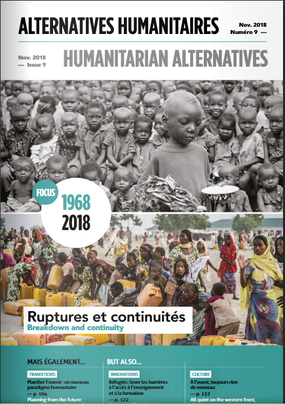
Article
Humanitarian implications of a re-assertion of State sovereignty
Duncan McLean
20.11.2018Whilst there is indeed a trend towards the strengthening of State sovereignty, this concept is more multifaceted and ambivalent than it might appear. The author invites us to take stock of its...
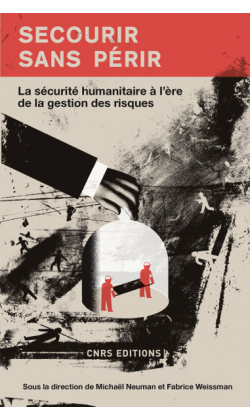
Book
The Shadow Theatre of Kidnappings: an account of Arjan Erkel's rescue
Duncan McLean
29.03.2016In Saving Lives and Staying Alive, the authors look at the drivers of the professionalisation of humanitarian security and its impact on humanitarian practices, with a specific focus on Syria, the...
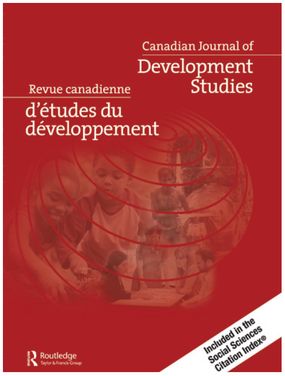
Article
Opportunities, limits and challenges of perceptions studies for humanitarian contexts
Caroline Abu-Sada
2016This article aims to advance understanding and discussion of perceptions studies as a method for strengthening humanitarian performance. Perceptions studies are qualitative studies produced for and...